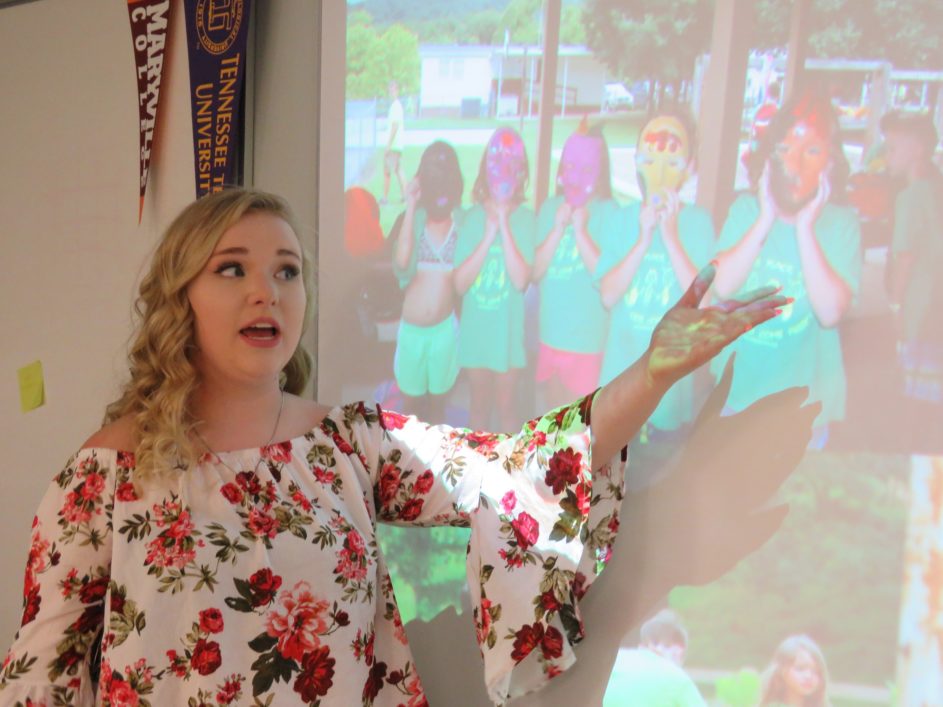I recently came across a Facebook post from Pat Polis, an independent candidate running for the Knox County Board of Education, District 2. The post was titled Think of Vouchers with this analogy and was an explanation of why a school voucher system is such a bad idea. I agreed with the analogy and re-posted it.
Mostly the post received positive comments, but one person disagreed, and went on to describe a family move to a rural district with a failing school system and the lack of family funds for the person to attend a private school. With school vouchers looming on the horizon, I decided to educate myself on the matter. Vouchers would affect public school funding and, by the way, what are the differences in private and public educators and education? I waded through several reports, it is a complex issue, but below are some facts I found interesting.
Public school teachers must hold a teaching degree for the grade and subject they teach. Private school teachers are not necessarily required to hold such a degree. Public schools must administer state mandated tests; private schools are not required to give these tests. Public schools must provide appropriate learning for mentally and physically challenged students as well as the typical school population. Private schools do not accept all students.
According to a June 8, 2023, data release by the U.S. Census Bureau, Tennessee ranks 44th in per student spending, and 42nd in teacher compensation. On November 20, 2023, Tennessee Department of Education published that the statewide graduation rate is 90.6%. In other words, we do more with less money, with our graduation rate only .4 behind New Jersey, the No. 1 state in the union for graduation rates.
So, let’s go back to the person who was in a poorly performing school in a rural district. After looking at the facts, a private school might or might not have improved that person’s education. With that in mind, how does a poorly performing school improve? Below are my educator’s “in a perfect dream world, this is what education would look like” ideas. Perhaps other educators will chime in and, who knows, maybe somebody will listen!
Curriculum – All students need some basic schooling, but beyond that, it seems reasonable that the rest of the curriculum could be shaped by an alliance of classroom teachers, employers and universities, each group setting out the needs of their institutions or jobs and working together to craft a curriculum that is useful to the students involved.
Testing – Reduce the number state-mandated tests. Teaching for the test is no way to teach.
Evaluations – Revamp teacher evaluations; there is no cookie-cutter formula for teaching. Guidelines can be helpful, but lock-step instruction leaves no room for teachable moments, variations in subject matter or individual teaching styles. I once observed an English teacher who finished the lesson early, walked over to a cabinet and pulled out a chambered nautilus shell with one side open to show the chambers. After a short explanation of the cephalopod, he began reciting Oliver Wendell Holmes’ poem, “The Chambered Nautilus.” It was a magical moment which would have counted against him during an evaluation because it was not part of the portion of the curriculum he was currently teaching.
Respect/ Professionalism – Money can’t buy you love, but respect will give you motive to perform. Knoxville has 400 vacant full-time teaching positions. No one wants to work in an environment that is constantly critical.
“Education is a passport to our future, for tomorrow only belongs to the people who prepare for it today.” – Malcom X
Note: The Knox County BOE adopted a new pay scale on April 4, 2024. Details here.
Cindy Arp, teacher/librarian, retired from Knox County Schools. She and husband Dan live in Heiskell.

